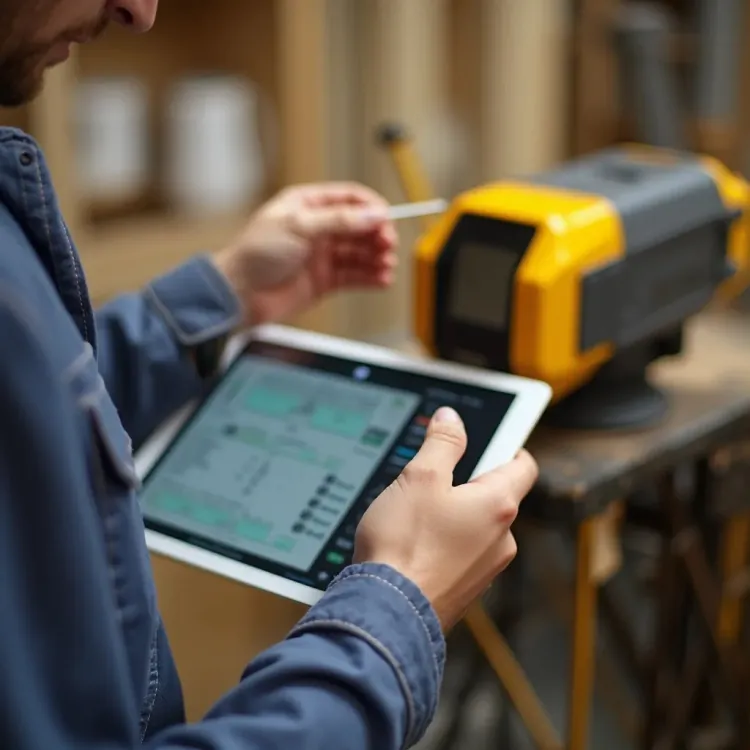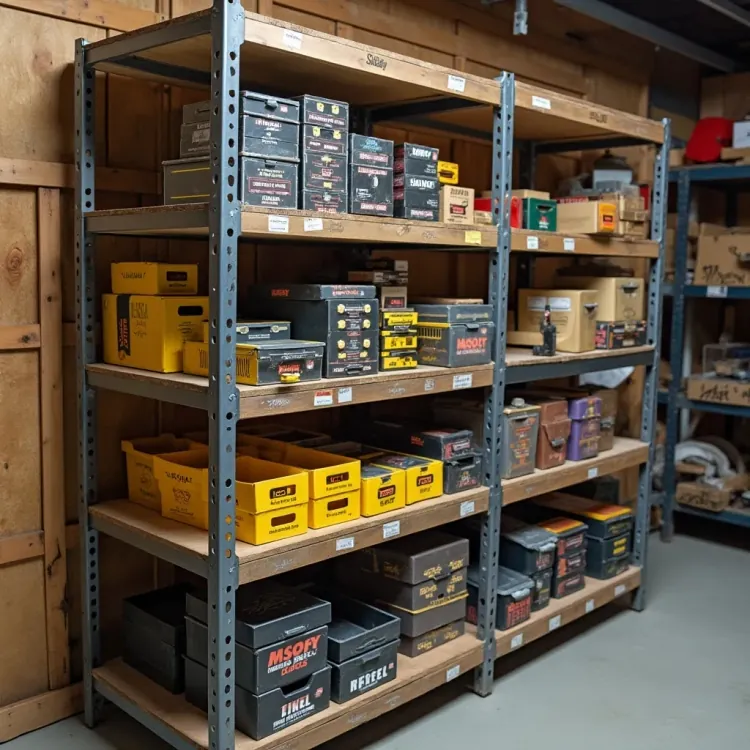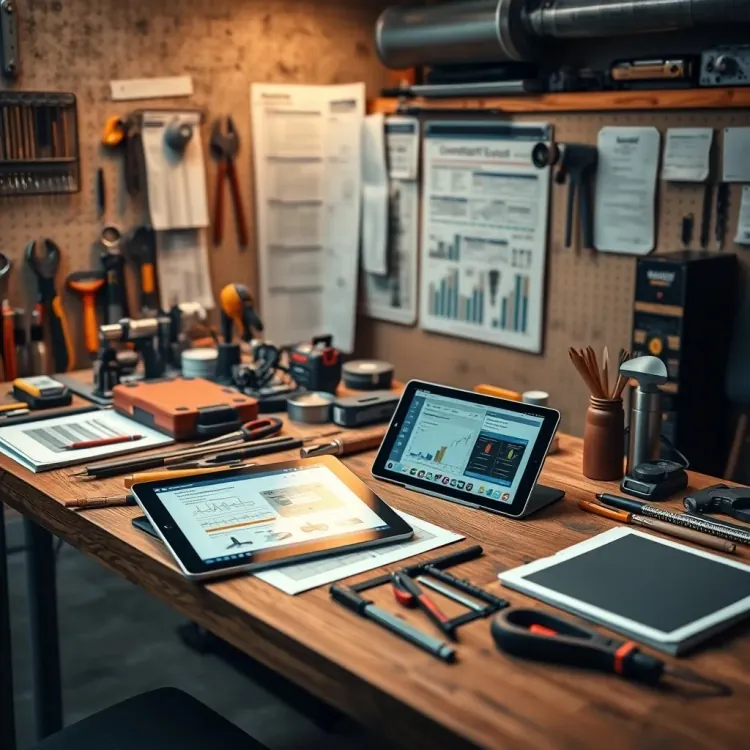DIY Contractor Resources
Discover essential DIY contractor resources to transform your home improvement projects. Learn about tools, materials, and expert techniques for successful DIY contracting.
The world of DIY contracting opens up endless possibilities for home improvement enthusiasts. Whether you're planning your first renovation or expanding your existing skills, having the right resources at your fingertips can make the difference between success and frustration.

Essential Tools for the DIY Contractor
Every DIY contractor needs a solid foundation of tools and equipment. Your toolkit serves as your personal arsenal for tackling projects of any size.
Basic Tool Inventory
• Power drill and drill bits
• Circular saw and blades
• Level and measuring tools
• Safety equipment
• Hand tools collection
Advanced Equipment Considerations
The modern DIY contractor benefits from these specialized tools:
- Laser levels
- Digital measuring devices
- Power sanders
- Air compressors
- Specialty cutting tools

Digital Resources and Software
DIY contractor resources now extend into the digital realm, offering powerful planning and management tools.
Project Management Software Table
| Software Type | Primary Use | Skill Level |
|---|---|---|
| Design Apps | Layout Planning | Beginner |
| Cost Calculators | Budget Management | Intermediate |
| Timeline Tools | Project Scheduling | Advanced |
Online Learning Platforms
Popular websites for DIY contractor education include:
• Online video tutorials
• Interactive courses
• Professional forums
• Virtual workshops
• Reference libraries
Material Selection and Sourcing
Successful DIY contractors understand material quality impacts project outcomes. Building relationships with suppliers helps secure better prices and reliable materials.
Supply Chain Management
Essential supplier categories include:
- Hardware stores
- Lumber yards
- Specialty suppliers
- Online marketplaces
- Salvage yards
Cost Comparison Table
| Material Type | Local Store | Online | Bulk Order |
|---|---|---|---|
| Lumber | Variable | Higher | Lowest |
| Hardware | Medium | Low | Lowest |
| Specialty | Highest | Medium | Low |
Safety and Compliance Resources
Every DIY contractor must prioritize safety and regulatory compliance. Understanding local building codes and safety requirements prevents costly mistakes.
Key Safety Equipment
• Personal protective gear
• First aid supplies
• Fire safety tools
• Ventilation equipment
• Emergency contacts
Certification and Training
Professional development resources for DIY contractors:
- Online certification courses
- Local workshop programs
- Trade association memberships
- Safety training modules
- Code compliance updates
Business Management Tools
Successful DIY contracting requires strong business management skills. These resources help track expenses, manage clients, and maintain profitability.
Essential Business Resources
• Accounting software
• Invoice templates
• Contract documents
• Insurance information
• Tax preparation tools
Community and Networking
Building a network of fellow DIY contractors provides valuable support and knowledge sharing opportunities. Local and online communities offer different benefits for growth.
Useful External Resources:
- DIY Network (https://www.diynetwork.com)
- Contractor Talk Forums (https://www.contractortalk.com)
- Building Code Resource Center (https://codes.iccsafe.org)
The journey of a DIY contractor never truly ends, as each project brings new learning opportunities and challenges. Success comes from combining practical skills with proper planning and resource management.
Frequently Asked Questions
Q: What basic tools should every DIY contractor own?
A: Essential tools include a power drill, circular saw, level, measuring tools, and basic hand tools.
Q: How can I learn new DIY contracting skills?
A: Combine online tutorials, practical workshops, and mentorship from experienced contractors.
Q: Do I need insurance as a DIY contractor?
A: Yes, liability insurance protects you and your clients during projects.
Q: What software helps manage contracting projects?
A: Project management apps, design software, and cost calculators are essential digital tools.
Q: How do I stay updated with building codes?
A: Subscribe to local building department updates and join professional associations.
What's Your Reaction?






















